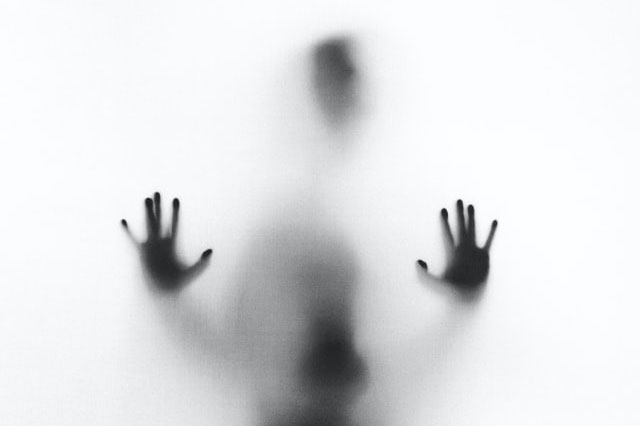Bangui – Camille fixes her gaze on her fingers, fidgeting with the hem of her dress. Her gestures are anxious, and her tender features betray her 15 years of age.
At the end of September, a few weeks before she returned to school, her cousin raped her, she says.
In the Central African Republic (CAR), the world’s second least developed country and ravaged by civil conflict since 2013, sexual violence against women, children and even men is constantly rising, says Doctors Without Borders (MSF).
Many are victims of rebels or the security forces, but around half know their attackers, the aid group says.
But taboo, fear and stigma are powerful tools in enforcing silence, and a rickety justice system means few assailants are ever prosecuted.
In the capital Bangui, an aid group called the Tongolo Centre said it recorded more than 3 420 victims of sexual violence between January and November 2022.
ALSO READ | Rape stalks women in Central African Republic’s dirty war
“Half of the victims were attacked by someone within their intimate circle,” said the centre’s leader, Thomas Gaudriot.
Of these, “more than a quarter were minors, and 10 percent were men,” he said.
“It’s just the tip of the iceberg,” he said, stressing that detailed and reliable figures about the scale of sexual assault in the CAR were impossible to find.
Tongolo – its name means “star” in the Sango language – was founded by MSF in 2017.
Tucked away in a discreet back alley, the centre has nearly 80 employees, offering free medical care, therapy and consultations to victims of sexual abuse.
When necessary, the centre locates alternative accommodation, aids in reintegration and offers legal follow-up for criminal complaints.
Blame
Camille – whose name, like those of other witnesses, has been changed for the purpose of this article – struggled to put her ordeal into words.
“I was in a room with my brothers and sisters… My cousin came in and asked everyone to leave,” she explained, overwhelmed by the pain of the memory.
Once the door was closed, he put his hand over my mouth,” she says, imitating the gesture.
“I wanted to scream but he wouldn’t let me,” she whispers.
Struggling in silence and plagued by the fear of being rejected or punished by her relatives, Camille was raped again by her cousin.
ALSO READ | CAR extends war crimes court for five years
He was far older than her, she said, adding that she did not know his age.
“After a few days, I understood that if I didn’t speak up, he would continue,” she told AFP.
Camille’s cousin’s parents blamed her for the attack. Her aunt forced her to take a pregnancy test and when it turned out positive she went to the Tongolo Centre for an abortion.
“The medical staff understood it wasn’t my fault,” said Camille, “the midwife who looked after me after my attack helped me a lot, I could confide in her. Without her, I might never have told anyone.”
In most cases of family or community-based rape, the victim “does not come to report what she has suffered, but merely to abort”, said a Tongolo midwife, Sylvie Gonekra.
“She’s always held to blame by members of her family or neighbours,” Gonekra said.
No justice
A former French colony, the CAR spiralled into civil war along sectarian lines following a coup in 2013.
The scourge of rape is not directly linked to the conflict, which has decreased in intensity in recent years, Gaudriot said.
Even so, “the conflict has led to an increase in precariousness, which, among other things, encourages these crimes,” he said.
All too often if a rape case does come to court, the charge is reduced to indecent assault, said Magalie Besse, director of an NGO called the Louis Joinet Francophone Institute for Justice and Democracy.
ALSO READ | Amnesty says M23 rebels raped dozens of women in east DRC
The CAR’s penal code does have a classic definition of rape but its implementation is skewed by a “patriarchal mindset”, she said.
“For many people in the judiciary, if the victim is over 15 and she was not a virgin at the time of the incident, then she hasn’t been raped,” said Besse.
Judges “readily grant bail or rule in favour of a plea of mitigating circumstances”.
“Often these matters are settled out of court,” a lawyer said, referring to forced marriage or monetary payment to bring any dispute to a close.
Follow African Insider on Facebook, Twitter and Instagram
Source: AFP
Picture: Unsplash
For more African news, visit Africaninsider.com


